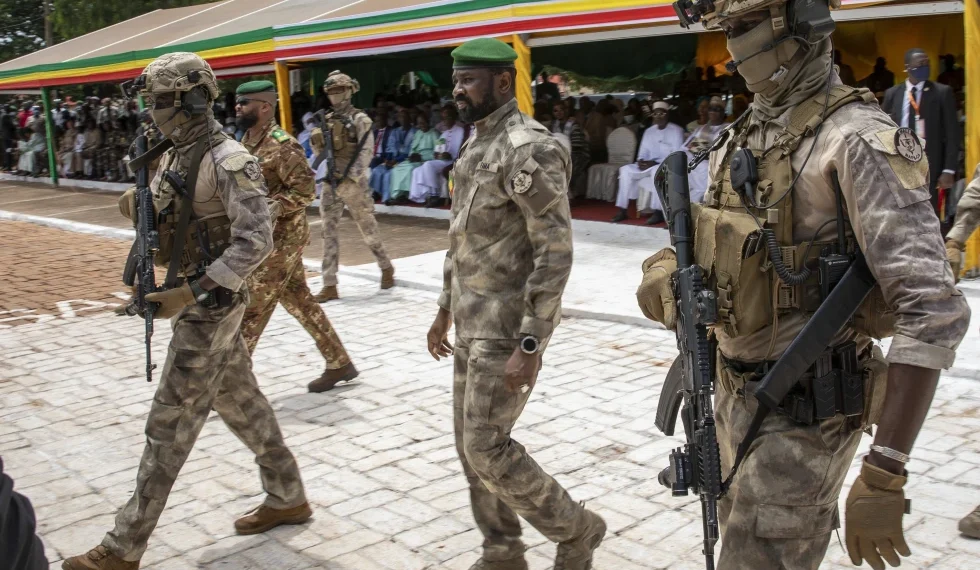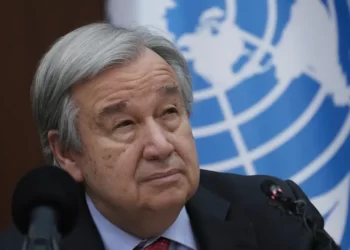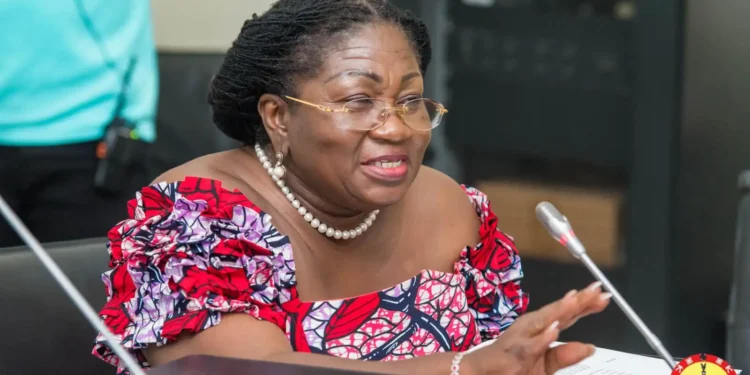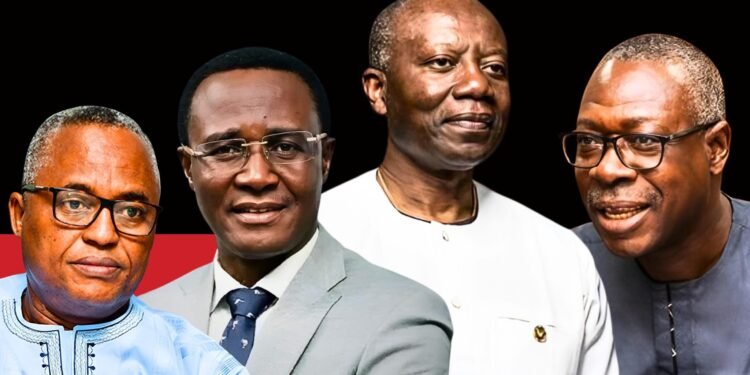Mali’s ruling military junta has detained dozens of senior officers, including two high-ranking generals, over what officials describe as an alleged attempt to destabilise the country’s leadership.
According to security sources, at least 36 soldiers and military officials have been arrested in recent days. Among those detained is General Abass Dembele, a former governor of the central Mopti region, who is reportedly well-regarded among rank-and-file soldiers. Security sources say Dembele was apprehended on the outskirts of Bamako without an official explanation for his arrest.
Brigadier General Nema Sagara, one of the few women to hold a senior position in Mali’s armed forces, was also taken into custody. A Malian MP claimed, “All are soldiers. Their objective was to overthrow the junta.”
Neither the government nor the military has issued an official statement on the arrests. Sources familiar with the operation, who spoke on condition of anonymity, did not provide details of the specific charges but confirmed that the arrests were linked to alleged coup plotting.
The detentions mark a fresh sign of internal strains within Mali’s power structure. The West African nation has been under military rule since a pair of coups in 2020 and 2021, which brought Colonel Assimi Goïta to the presidency.
Earlier this year, a national conference recommended extending Goïta’s presidency with a five-year mandate, renewable without limit, and dissolving all political parties. The decision sparked rare demonstrations in Bamako in early May. Days later, the junta moved to suspend all political activity nationwide.

Last month, Mali’s authorities formally confirmed Goïta’s extended term, consolidating his hold on power. This came against a backdrop of worsening security conditions, with al-Qaeda-linked Jama’at Nusrat al-Islam wal-Muslimin (JNIM) intensifying attacks in the north and centre of the country.
Analysts warn that JNIM’s battlefield capabilities have grown increasingly sophisticated. The group has financed its operations through cattle rustling, hijacking goods, kidnappings, extortion, and raids on army outposts.
Rising Violence and Political Crackdowns
Mali’s leadership has struggled to contain jihadist violence since the military takeovers. According to Armed Conflict Location and Event Data (ACLED), Islamist armed groups killed a record 7,620 people across the Sahel in the first half of 2024.
On June 1, JNIM fighters attacked a military base in Boulkessi, central Mali, killing more than 30 soldiers. Despite repeated promises to restore security, such incidents have only deepened public frustration.
Political repression has also intensified. In May, Goïta’s government dissolved all political parties and organisations, prompting widespread protests. The junta justified the move as necessary to maintain stability, but critics see it as an attempt to eliminate dissent ahead of long-delayed elections.
Originally, the military had pledged to hold national elections within 18 months of the 2020 coup. That promise has been repeatedly postponed, with the latest timeline setting a vote for 2027. Opposition leaders argue that this is a tactic to prolong military rule indefinitely.
In recent years, Mali, along with Burkina Faso and Niger, has severed ties with many Western allies, instead turning to Russia for military and political support. Critics say this pivot has done little to stem the tide of violence, while isolating Mali from international partners who once backed its democratic transition.
With dozens of senior officers now in detention and accusations of coup plotting circulating, the political and security landscape in Mali appears increasingly volatile. The combination of jihadist threats, public discontent, and internal military rivalries leaves the country’s future under Goïta’s extended rule highly uncertain.
READ ALSO: Palgrave Boakye-Danquah Urges Social Media Clean-Up, Air Safety Reforms






















